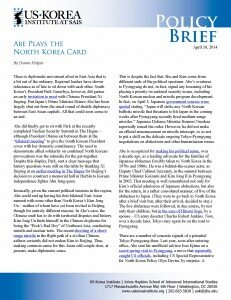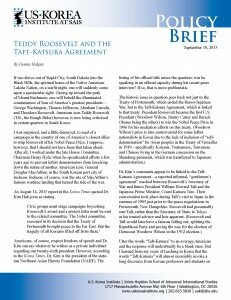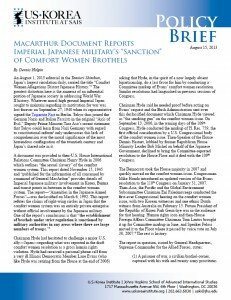The US-Korea Institute at SAIS and Reinventing Bretton Woods Committee present:
Bretton Woods @ 70: Past, Present and Future
In today’s world, the idea of world leaders gathering in the midst of economic crisis has become all-too familiar. But the summit at Bretton Woods in 1944 was the only time countries from around the world have agreed to overhaul the structure of the international monetary system. And what’s more, they were successful, establishing the International Monetary Fund and the International Bank for Reconstruction, which is today part of the World Bank. Some would argue that this was the closest to perfection the world’s economy has ever been, and contemplate if the demise of the Bretton Woods system is behind our present woes.
The US-Korea Institute at SAIS and Reinventing Bretton Woods Committee invite you to join us for a discussion of the history of the Bretton Woods summit, the role the Bretton Woods system plays today and how that role will evolve to address the growing multipolarization of the global economy.
James Boughton
Former Historian, International Monetary Fund
Senior Fellow, Center for International Governance Innovation
Harold James
Professor of History and International Affairs, Princeton University
Senior Fellow, Center for International Governance Innovation
Ed Conway
Economics Editor of Sky News and Author of The Summit
Mike Dooley
Professor of Economics, University of California-Santa Cruz
Partner, Drobny Global and Cabezon Investment Group
Research Associate, National Bureau of Economic Research
Moderated by Ousmene Mandeng
Managing Director, Global Institutional Relations Group, Pramerica Investment Management
with opening remarks by
Marc Uzan
Director, Reinventing Bretton woods Committee
This event is open to press and public. RSVP here.




